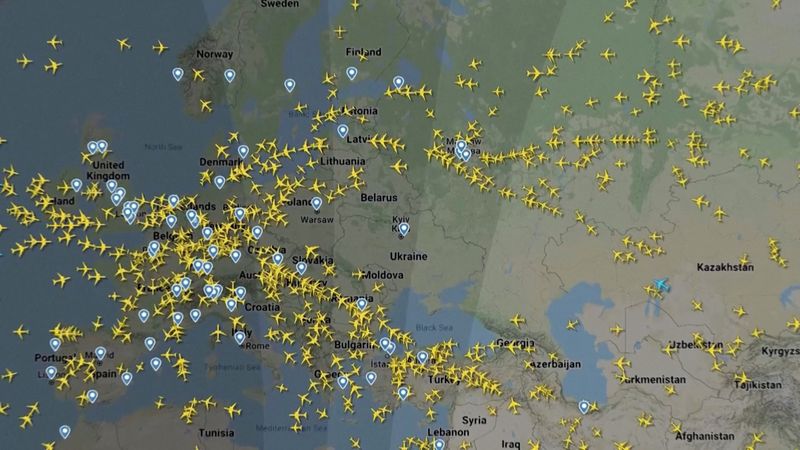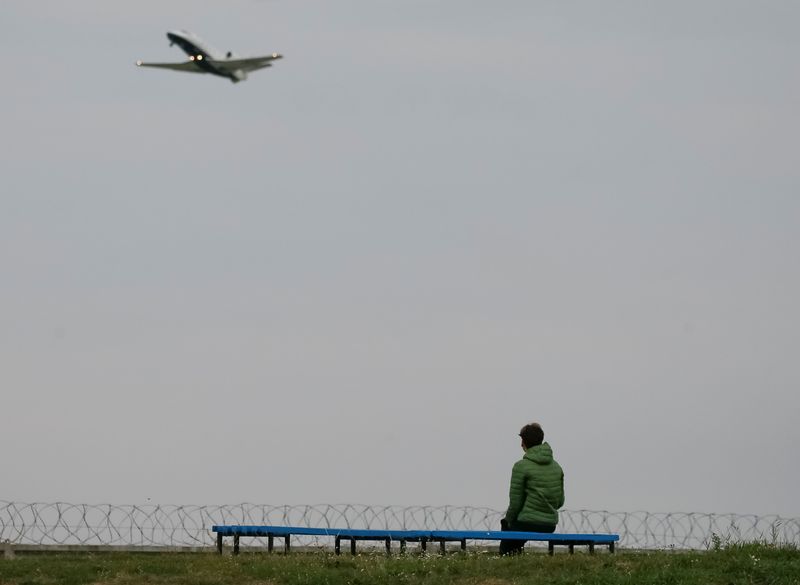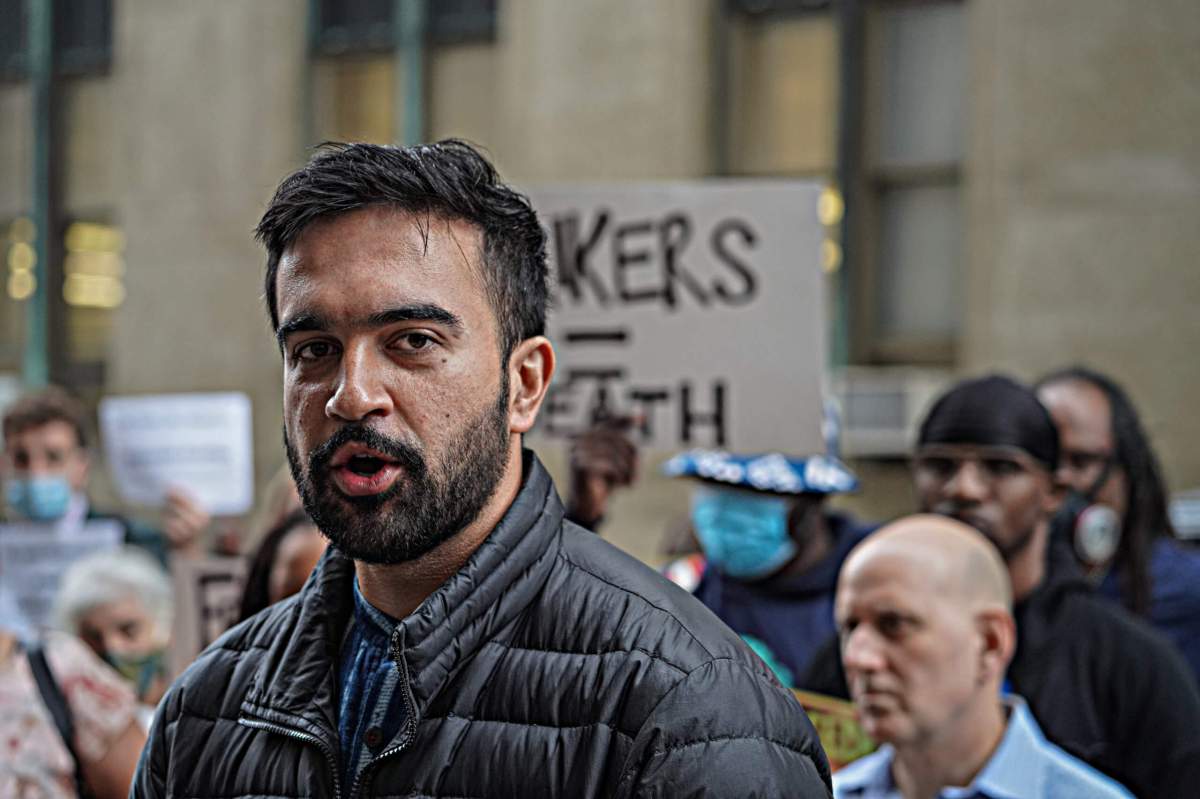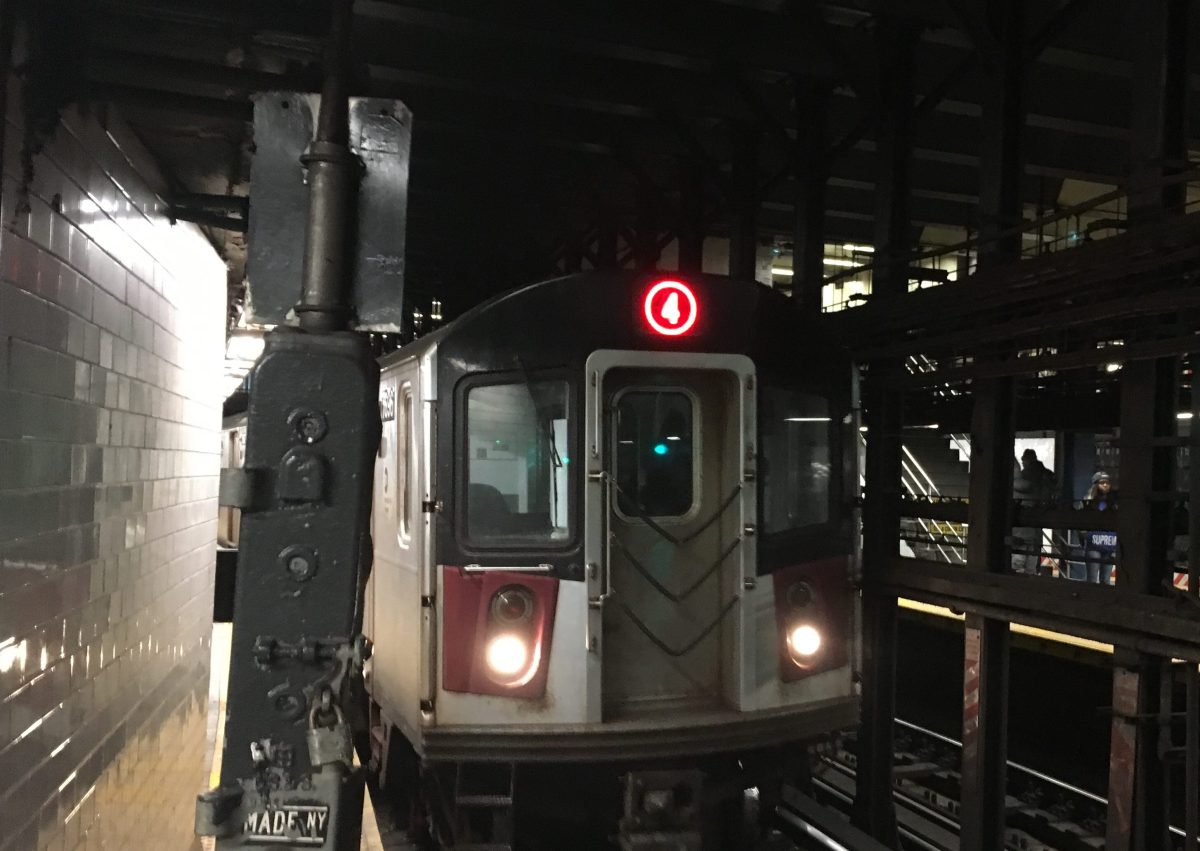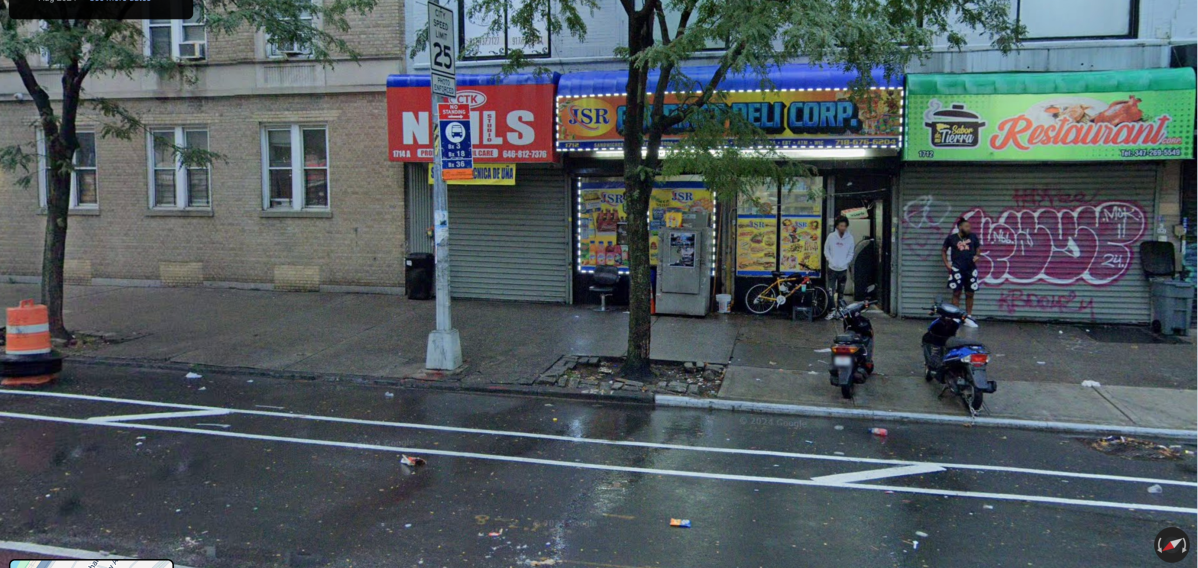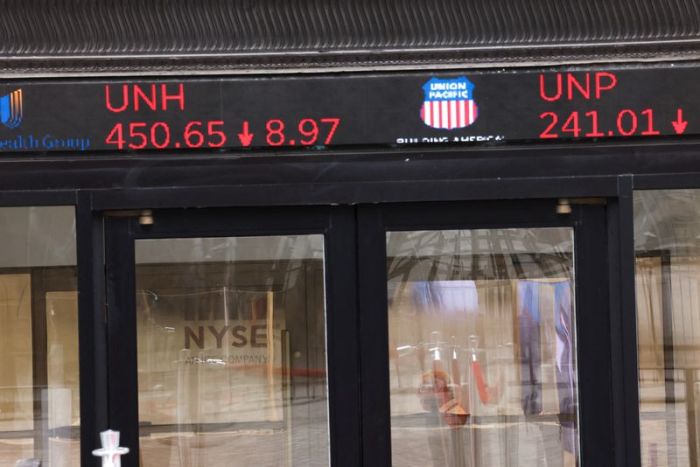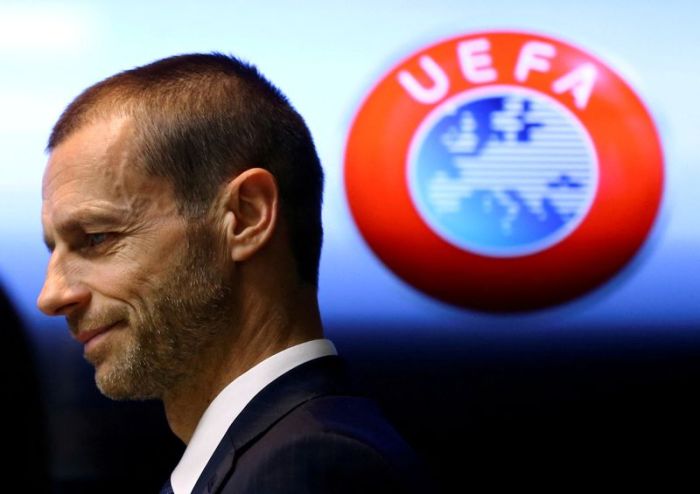By Jamie Freed, Tim Hepher and Rajesh Kumar Singh
(Reuters) -Airlines scrambled to adapt to conflict in Europe on Thursday as Ukraine closed its airspace, fuel prices soared and carriers were urged to “exercise caution” deep inside Russia hours after Moscow’s military invaded Ukraine.
Moldova, southwest of Ukraine, also halted flights, while Belarus to the north said civilian flights could no longer fly over part of its territory after Russian President Vladimir Putin authorised the dawn operation.
The European Union Aviation Safety Agency (EASA) said Ukraine’s skies and airspace in Russia and Belarus within 100 nautical miles of borders with Ukraine could pose risks.
“In particular, there is a risk of both intentional targeting and misidentification of civil aircraft,” the agency said.
“The presence and possible use of a wide range of ground and airborne warfare systems poses a high risk for civil flights operating at all altitudes and flight levels.”
It later issued an update on a broader area of Russian airspace, advising airlines to “exercise caution” when flying in air traffic regions controlled from Moscow or Rostov-on-Don.
The U.S. Federal Aviation Administration expanded an area in or near Ukraine where U.S. airlines cannot operate.
The aviation industry has taken heightened notice of the risks conflicts pose to civil aviation since Malaysia Airlines flight MH17 was shot down over eastern Ukraine in 2014.
EASA said Russia’s defence ministry had sent Ukraine an urgent message warning of a high risk to flight safety due to the use of weapons and military equipment, and asked Ukraine’s air traffic control to stop flights.
Websites, which before the escalation had shown multiple intelligence-gathering flights over or near Ukraine as the West showcased support by transmitting detectable signals in recent weeks, showed empty space as civil flights halted and analysts said any military flights went dark..
Airlines skirted the whole country in crowded corridors to the north and west, leaving a hole in the aviation map.
An El Al flight from Tel Aviv to Toronto made a U-turn out of Ukraine’s airspace around the time of its closure, the tracking website FlightRadar24 showed.
A LOT Polish Airlines flight from Warsaw to Kyiv turned back, as did Kyiv-bound flights operated by Air India and Aegean Airlines.
AIRSPACE CONCERN
Ukraine International Airlines, which sent part of its fleet to safety abroad last week, diverted one Kyiv-bound flight to Moldova. Some of its planes remained grounded in Kyiv.
Hungary’s Wizz Air said it was trying to evacuate Ukrainian-based crew, their families and four aircraft.
In the London insurance world, underwriters acted swiftly to contain their risks.
Leading war-risk insurers cut the notice period to 24 hours for cancellation of policies for Ukrainian airlines, said Bruce Carman, chief underwriting officer at Hive Aero in London.
Airline shares fluctuated, with an index of major European carriers down 6% and U.S carriers erasing early losses, as some analysts warned of a sanctions war forcing carriers to fly longer routes.
Britain said it had banned all Russian airlines including Aeroflot which operates daily to London, from entering its airspace or landing on its soil.
Airlines and companies that control jets worth billions of dollars have voiced concerns about the risk of Russia closing its own airspace as part of tit-for-tat sanctions.
“While that would be Russia shooting itself in the foot, I can’t dismiss it once the sanctions start to bite,” said airline analyst Robert Mann.
Air corridors between parts of Europe or North America and Asia stretch across Russia, generating overflight fees.
The crisis also cast a shadow over wider travel demand for the third northern summer in a row, after two years of pandemic.
U.S. carriers have been boosting capacity, expecting a surge in demand to Europe. But the conflict might force travellers to change plans, Mann said.
Those that do fly are likely to face higher ticket prices after oil jumped above $100 a barrel on Thursday.
The head of major French aerospace supplier Safran, said pent-up travel demand remained strong, however.
Russia meanwhile suspended domestic flights to and from several airports near its border with Ukraine, including Rostov-on-Don, Krasnodar and Stavropol, until March 2.
A notice to pilots said the move was “to provide safety” for civil flights.
(Reporting by Jamie Freed in Sydney, Tim Hepher in Paris, Rajesh Kumar Singh in Chicago, Additional reporting by Kate Holton, Carolyn Cohn and Guy Faulconbridge in London, Maria Kiselyova in Moscow, Alexander Tanas in Chisinau, Renee Maltezou in Athens, David Shepardson in Washington;Editing by Clarence Fernandez, Edmund Blair, Mark Potter and Kevin Liffey)

